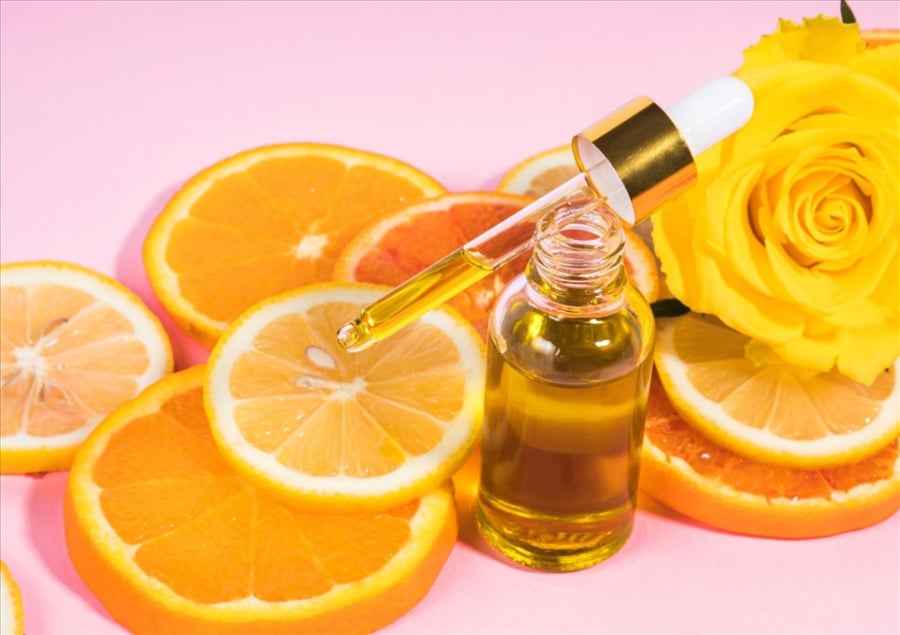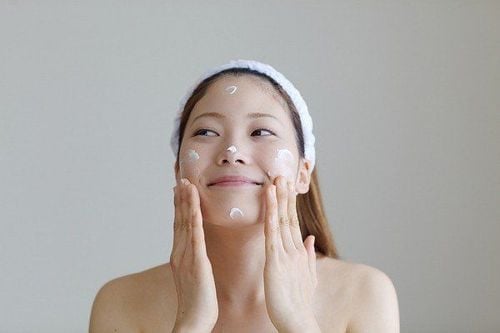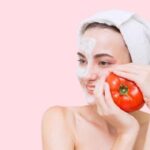1. Retinol + Vitamin C – A Combination Prone to Irritation
Retinol is renowned for its anti-aging and wrinkle-reducing abilities, while Vitamin C brightens and provides powerful antioxidants. However, due to their distinct chemical natures – retinol being oil-soluble and vitamin C water-soluble – combining them may diminish their individual effects. Moreover, this mixture can easily irritate sensitive skin.

Retinol is Oil-Soluble, Vitamin C is Water-Soluble
Proper Usage: To ensure effective skincare, apply vitamin C in the morning and retinol at night, or alternate days.
2. Retinol + AHA/BHA – Making Skin Vulnerable
AHA and BHA are potent exfoliants, cleansing and stimulating skin regeneration. When used with retinol, another regenerative agent, skin may experience excessive irritation, leading to flaking, dryness, and increased sensitivity.
Proper Usage: If you need to use both, apply AHA/BHA on non-retinol days to give your skin a break and prevent irritation.
3. Pore-Minimizing Products + Anti-Aging Cream – More Harm Than Good
Pore-minimizing products often contain oil-controlling ingredients, while anti-aging creams tend to be rich in moisturizing agents and oils to combat wrinkles. Combining them can result in a thick layer of product, clogging pores and negating oil control, potentially causing breakouts.
Proper Usage: Apply pore-minimizing products to the T-zone (forehead and nose), which is oilier, and use anti-aging cream on the U-zone (cheeks, chin, and around the eyes), which tends to be drier.

The Thick Layer of Product Can Clog Pores and Cause Breakouts
4. Vitamin C + Vitamin E – Not Suitable for Oily Skin
Combining vitamins C and E is ideal for dry skin, boosting antioxidants and fortifying the skin’s protective barrier. However, for oily or acne-prone skin, using both simultaneously can lead to a stuffy feeling, clogged pores, and increased acne risk.
Proper Usage: If you have oily skin, opt for lighter-textured products or use them on alternate days to prevent pore congestion.
5. AHA/BHA + Moisturizer – Use with Caution
AHA and BHA are chemical exfoliants that remove dead skin cells, improve skin texture, and support cell regeneration. However, due to their acidic nature, they can strip the skin’s natural moisture, causing dryness or irritation without adequate hydration.
Proper Usage: After using AHA/BHA, apply a moisturizer containing hyaluronic acid, ceramides, or glycerin to restore hydration and reinforce the skin’s protective barrier.


































